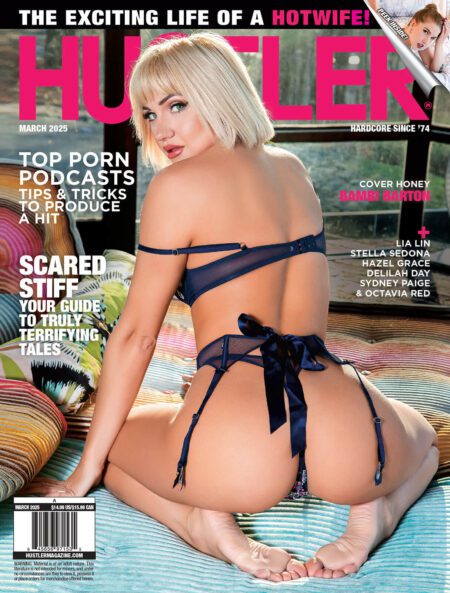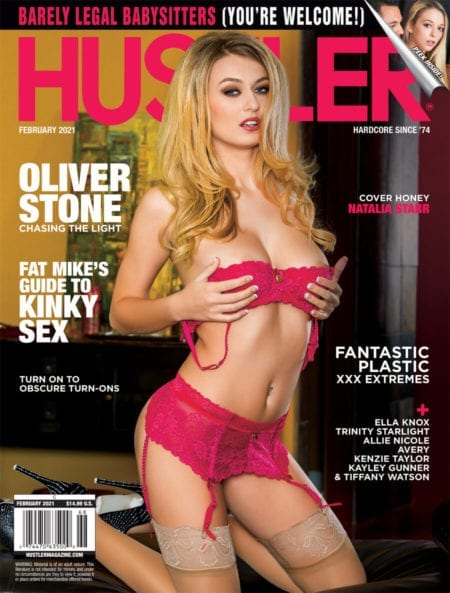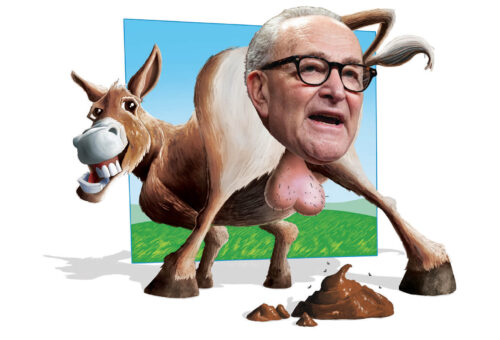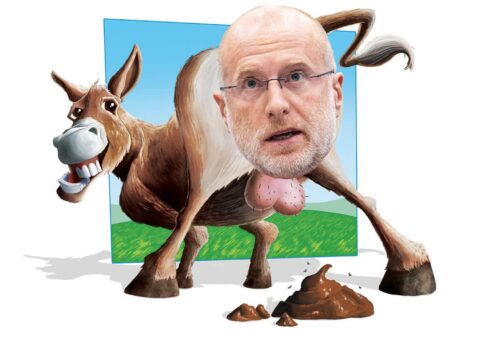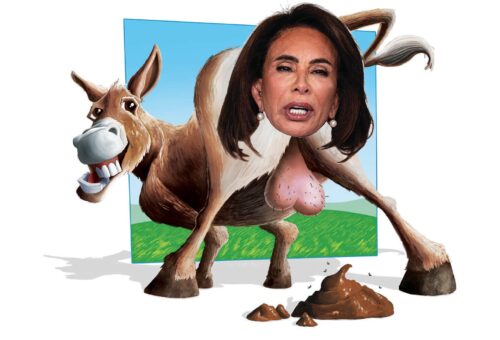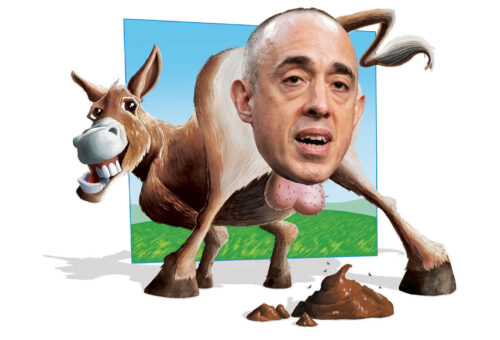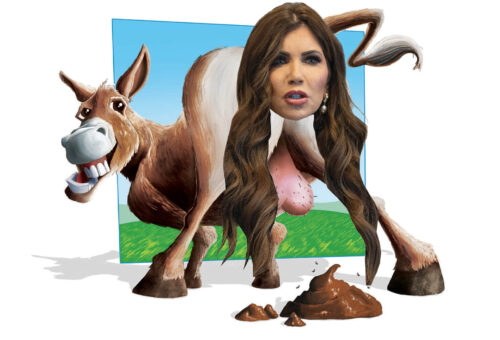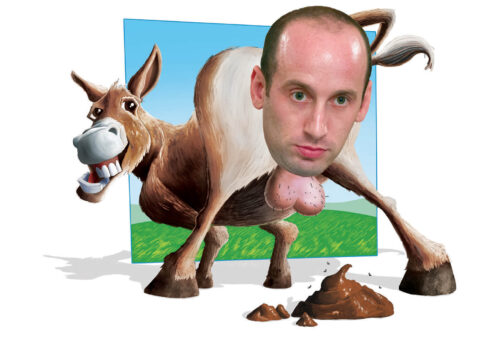Nice Guys Finish First
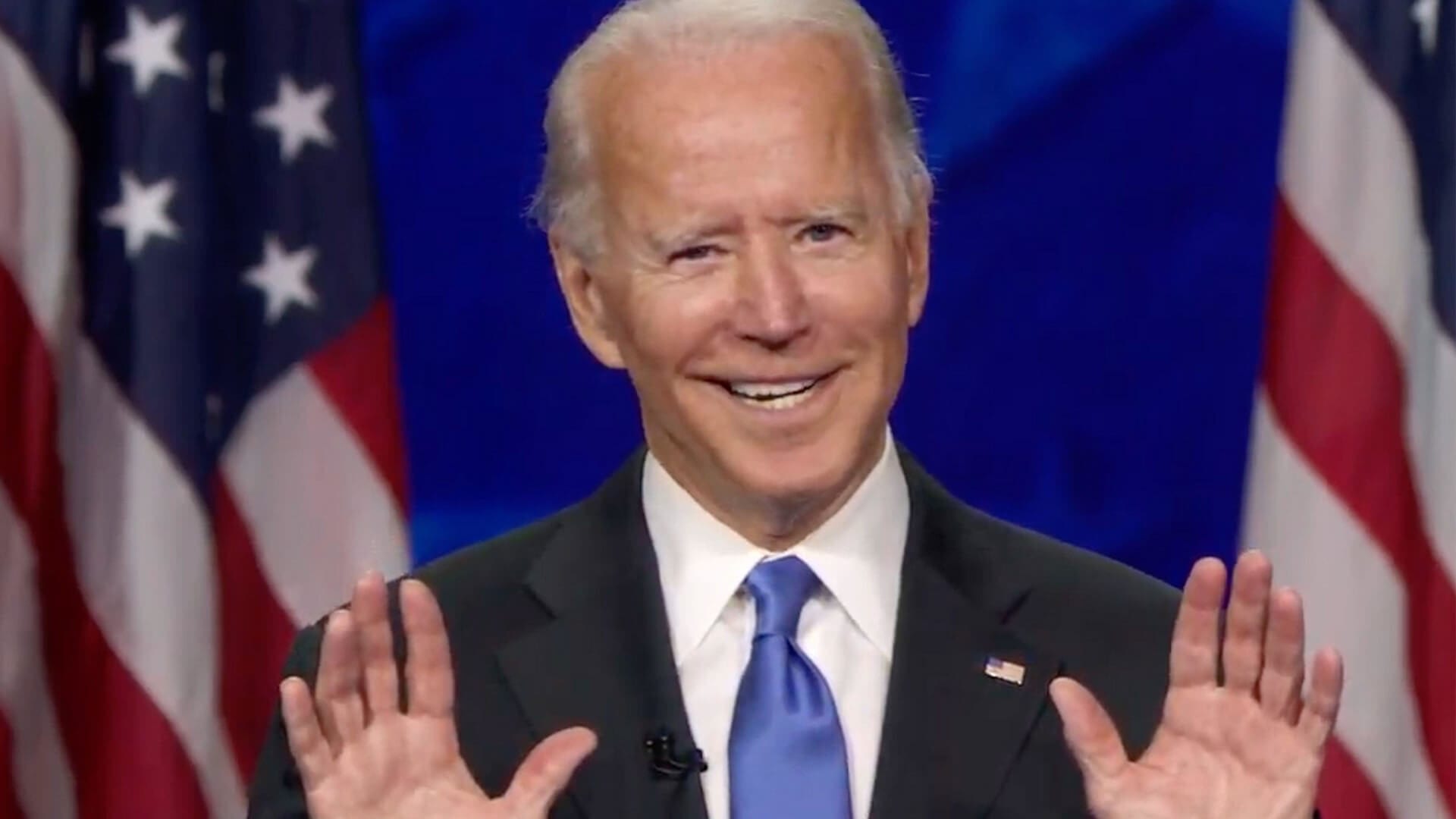
At least Joe Biden did in 2020.
During the dark days of the George W. Bush Presidency—before the who-knew-it-could-get-so-much-darker days of Donald Trump—pollsters and pundits had an explanation for why voters chose the bumbling Bush over the competent Al Gore (in 2000) and John Kerry (in 2004). Setting aside the debatable issue as to whether or not Bush actually won either of those elections, media experts at the time told us that Americans like to vote for someone they might want to have a beer with.
Of course, those voters were never actually going to have a beer with Dubya and not only because he was a supposedly reformed alcoholic. Backed in part by exit polling, the consensus was that Bush was perceived as more likable than Gore or Kerry. Issues apparently didn’t matter.
That explanation for U.S. Presidential elections has borne out at least since those following the 1972 reelection of the not particularly likable Richard Nixon. In 1976 Georgia’s genial Governor Jimmy Carter was seen as more likable than incumbent Gerald Ford, who carried baggage for pardoning the by-then detested Nixon.
Affable former Hollywood B-list star Ronald Reagan was judged to be more beer-worthy than Carter, who by 1980 was mired in the grim Iran Hostage Crisis. Reagan’s sunny good humor overpowered Walter Mondale’s in 1984. Next, Vice President George H.W. Bush campaigned for a “kinder, gentler” America in 1988, outpacing the coldly technocratic Democrat Michael Dukakis. That was not enough, however, to defeat the jovial, saxophone-playing, sunglass-wearing good ol’ boy Bill Clinton four years later.














